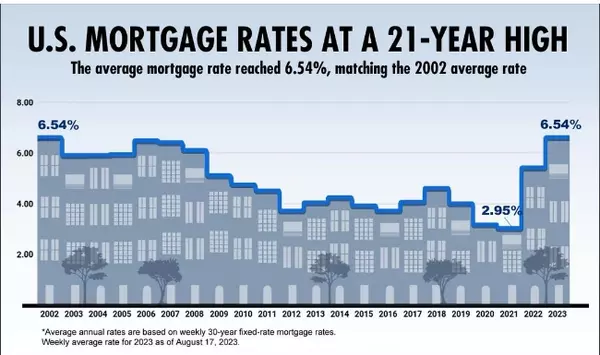

First Time Buyers
Purchasing your first home in this market isn’t easy. With rising prices, limited inventory, and intense competition, first-time buyers face a unique set of challenges. In this blog post, we will discuss some important aspects for first-time buyers to consider when navigating the real estate market.
Read More

10 small steps to generate big savings
Are you on a mission to save money for your dream home? Saving up for a down payment can seem like a daunting task, but don't fret! With a few simple steps, you can generate big savings and be well on your way to becoming a homeowner. Let's dive into some real estate news and explore ten small steps
Read More

Advice For Selling Your Home
SELLING A HOME Hire a REAL ESTATE AGENT Studies show that home sellers who use a real estate agent to represent them generally get a better price than those who sell the home themselves. Real estate agents are up-to-date on critical processes and can help keep you out of trouble. They can also help
Read More

Moore County Golf Courses
MOORE COUNTY GOLF COURSES Beacon Ridge Golf & Country ClubThis classic layout provides a challenge to golfers of every ability. Whether you live nearby, are on business or planning your next golf vacation, if you truly love traditional golf, visit Beacon Ridge.6000 Longleaf Drive, West End NC 27376
Read More
Categories
Recent Posts











